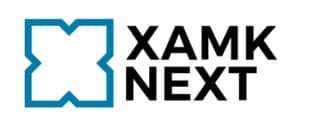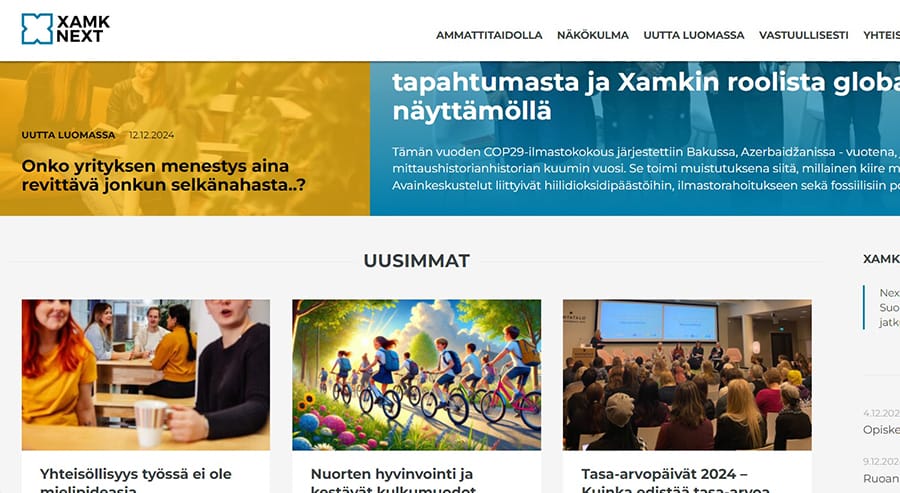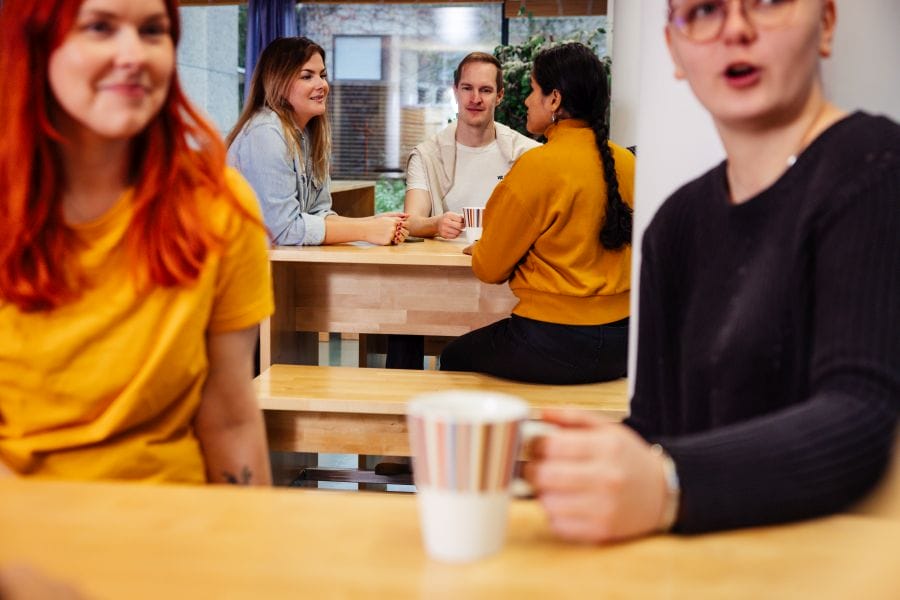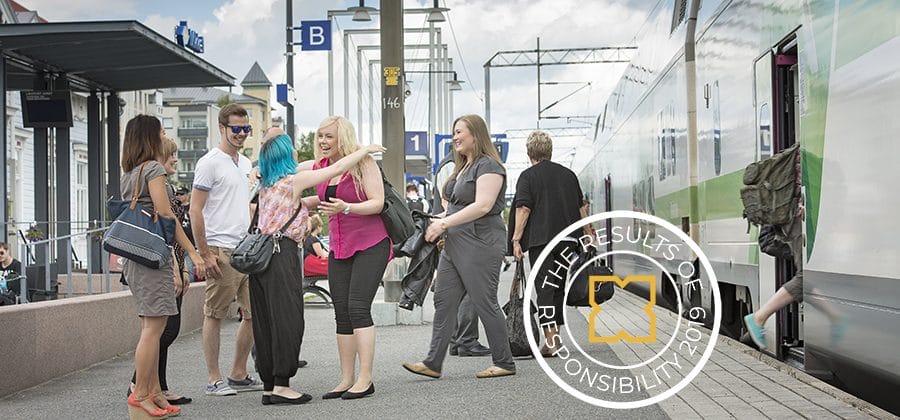Xamk promotes responsible travel at work
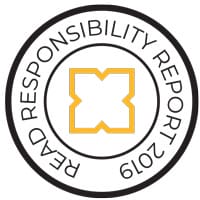 Xamk’s travel instructions are updated each year. Changes have been made, for instance, to travel expense reporting systems, but travelling in general is always discussed in connection with the update. The travel instructions state that travelling at work is allowed only when absolutely necessary. Therefore, the first instruction is Do not travel (unless absolutely necessary).
Xamk’s travel instructions are updated each year. Changes have been made, for instance, to travel expense reporting systems, but travelling in general is always discussed in connection with the update. The travel instructions state that travelling at work is allowed only when absolutely necessary. Therefore, the first instruction is Do not travel (unless absolutely necessary).
Less car driving, more public transport
Xamk employees should primarily use public transport on their way to and from work. In 2019, a decision was made to limit the use of employees’ own cars by decreasing the kilometre allowance. Private cars may be used only for a justifiable reason.
Xamk has also decided to give up the shared cars it owns. This is a gradual process: as the cars become old, they are taken out of service one at a time. However, employees now have access to electric cars on each campus. These leased cars may be used for travelling between campuses.
Cycling to work throughout the year
As part of the Green Office activities, Xamk promotes sustainable travel to and from work. Staff and students participate in the annual cycling contest, the purpose of which is to increase cycling to and from campus in summer and winter alike.
The use of bicycles is also promoted by internal campaigns. We have arranged bicycle maintenance campaigns, improved bicycle parking and provided locker rooms for cyclists. In addition, each campus has electric bikes that employees may borrow.
Working from home
Xamk employees are encouraged to work from home if feasible. Remote work is always subject to a specific agreement between employee and employer. The agreement is signed for one year at a time. Employees may work from home two days per week.
Xamk employees in a managerial position have limited opportunities to work from home. However, in order to reduce travel, the Management Team decided in 2019 to hold all future meetings online. This is mainly a symbolic gesture, but it substantially reduces travel for the Management Team members.
In the same connection, the Management Team decided that its members will travel between campuses only when necessary. Previously, their presence on each campus was required.
We should openly discuss what the presence of the supervisor means today. According to the workplace development surveys, the unit supervisors are practically always reachable. Employees find that their supervisor is accessible despite the distance.
At the time of writing this text in spring 2020, working from home has suddenly become the norm. Xamk has provided the opportunity for remote working within certain limitations for a long time already. Teleworking tools and systems have also been systematically acquired and developed. Therefore, we were well prepared for working from home after the onset of the corona crisis. We naturally had to make temporary changes to the instructions quickly, but technically the transfer to working from home did not cause any major problems.
The WWF’s consumer habit questionnaire gives information on climate impacts
The consumer habit questionnaire is the WWF’s tool for everyone to measure their environmental habits with respect to climate impacts. After responding to the consumer habit questionnaire, the respondents see their total score and receive immediate feedback on the six different sections of the questionnaire.
The consumer habit questionnaire is connected to Xamk’s Green Office activities. Each year, Xamk uses the consumer habit questionnaire to measure the responsibility of the actions of Xamk staff and to check whether any improvements have taken place after the previous year.
In 2019, altogether 512 persons answered the questions of the consumer habit questionnaire. The response rate was extremely low, considering that Xamk has a staff of over 800 and approximately 9,000 students. Students are particularly difficult to reach with such questionnaires. Nevertheless, according to the answers received, Xamk staff and students are familiar with the climate effects of their choices. Compared with the answers from the entire Green Office network, the answers of received at Xamk virtually match the national average.
Measurement of continuous improvement is probably the best way to monitor the progress of individuals and the organisation in this respect. However, for the time being, we do not have access to such data.
